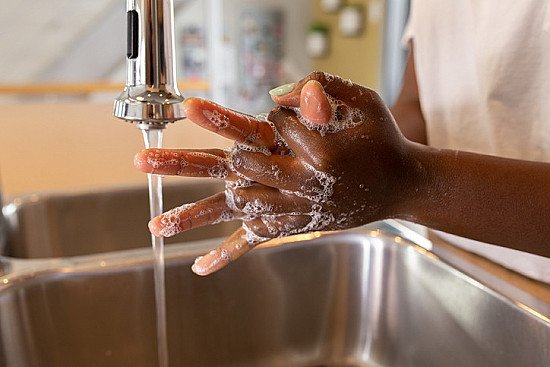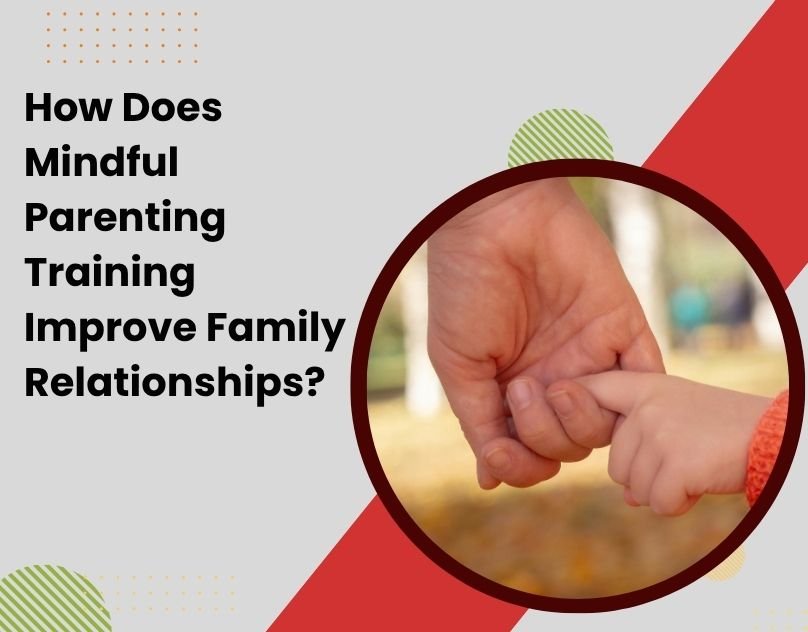Managing diabetes in children requires a delicate balance of medical care, emotional support, and continuous monitoring. When this care is brought into the home, it not only offers comfort but also provides a familiar environment that supports consistency. Pediatric nursing at home ensures that young patients with Type 1 or Type 2 diabetes receive the attention they need without the stress of frequent hospital visits. This personalized approach helps create a structured daily routine that fosters stability in both blood glucose levels and lifestyle habits.
Continuous Monitoring and Support:
A primary role of Pediatric Nursing at Home in Dubai (تمريض الأطفال المنزلي في دبي) is to monitor blood glucose levels consistently and accurately. These trained professionals educate both the child and their family members on how to use monitoring devices effectively. They also observe for patterns or fluctuations, adjusting care routines accordingly. This ongoing assessment helps in identifying early signs of complications, enabling timely interventions. By being present at home, nurses can ensure adherence to insulin schedules and dietary restrictions with greater precision and compassion.
Nutrition and Meal Planning:
Proper nutrition plays a crucial role in diabetes management, especially for growing children. Pediatric nurses work closely with families to create meal plans tailored to the child’s health requirements and preferences. They guide parents on how to manage carbohydrate intake, balance food groups, and time meals effectively. This support is especially valuable when children are fussy eaters or have additional dietary restrictions. The nurse’s presence ensures that children receive meals that are both nutritious and blood sugar-friendly, enhancing their overall health and development.
Educating and Empowering Families:
An essential component of pediatric diabetes care is education. Nurses at home not only treat the child but also empower the family with knowledge and skills. They offer training on insulin administration, recognizing hypoglycemia or hyperglycemia symptoms, and managing diabetes during illnesses or physical activities. Parents and siblings are taught how to support the child in a crisis, creating a secure safety net. Over time, this education builds family confidence, encouraging greater independence in managing the condition.
Psychological and Emotional Support:
Diabetes can be overwhelming for children, leading to feelings of frustration, anxiety, or social isolation. Pediatric nurses provide emotional support that addresses these challenges with empathy and professionalism. They become trusted companions, helping children navigate the emotional aspects of living with a chronic illness. Through regular interactions, nurses observe behavioral changes and encourage open communication. Their presence reassures children that they are not alone in their journey and promotes a more positive outlook toward diabetes management.
Managing Emergencies and Preventing Complications:
Children with diabetes are at risk for emergencies like severe hypoglycemia or diabetic ketoacidosis. Having a trained pediatric nurse at home significantly reduces these risks. Nurses are equipped to handle emergencies, respond quickly, and stabilize the child while awaiting further medical help if needed. Their vigilant care helps in early detection of issues such as infections, skin complications, or insulin resistance. Preventive care, including foot checks and eye monitoring reminders, is also seamlessly integrated into the home routine, reducing the chances of long-term complications.
Encouraging Long-Term Health Habits:
Beyond immediate diabetes management, pediatric nursing at home fosters lifelong healthy habits in children. Nurses encourage physical activity, hydration, proper sleep, and responsible self-care from an early age. They serve as role models, showing children how to incorporate diabetes management into everyday life without fear or stigma. As children grow older, they become more confident in checking their sugar levels, taking insulin, and understanding their bodies’ needs. This early foundation sets the stage for a healthier and more independent future.
Adapting to Lifestyle and Routine:
Every family has its own rhythm, and managing a chronic condition like diabetes must adapt to that dynamic. Pediatric Nursing at Home in Dubai (تمريض الأطفال المنزلي) have the unique advantage of observing the child’s real-life environment, including school schedules, meal times, play routines, and sleep habits. With this insight, they can suggest practical modifications to integrate diabetes care into the child’s life seamlessly. Whether it’s timing insulin injections around school hours or creating snack options for playtime, the nurse’s flexibility helps minimize disruptions while ensuring medical needs are met.
Supporting Transitions and Milestones:
Children go through various developmental stages, each bringing new challenges in diabetes management. Starting school, entering adolescence, or engaging in sports can all affect a child’s routine and glucose levels. Pediatric nurses provide valuable guidance during these transitions, helping the family adjust care strategies accordingly. For example, they may prepare teachers and school staff on how to respond to low blood sugar episodes or assist adolescents in managing hormonal changes that affect insulin sensitivity. By addressing these milestones with proactive care, nurses support both physical and emotional growth in young patients.
Promoting Independence and Self-Management:
As children grow older, fostering a sense of autonomy becomes increasingly important. Pediatric nurses play a vital role in gradually shifting diabetes responsibilities from parents to the child. This transition is carefully managed through age-appropriate education, encouragement, and goal-setting. Nurses guide children in learning how to check blood sugar, administer insulin, and make informed dietary choices. Promoting this independence builds self-esteem and prepares them for adult life with a chronic condition, instilling habits that can last a lifetime.
Collaboration with Broader Care Teams:
Home-based pediatric nurses act as essential liaisons between families and the wider healthcare network. They provide consistent updates to primary care providers, endocrinologists, dietitians, and school health professionals. This coordination ensures that all aspects of the child’s care are aligned and up to date. By maintaining detailed records and open communication, nurses help avoid mismanagement and enhance treatment outcomes. This team-based approach is particularly beneficial in complex cases that require multidisciplinary input.
Creating a Safe and Familiar Healing Environment:
Children often respond better to care in the comfort of their home, where they feel safe and surrounded by loved ones. Pediatric nursing at home eliminates the anxiety associated with clinical settings and allows care to occur in a relaxed, familiar space. This emotional safety contributes to better cooperation and adherence to treatment. From morning insulin injections to bedtime glucose checks, the home becomes a place of healing, learning, and empowerment, rather than fear or stress.
Conclusion:
Pediatric Nursing at Home in Dubai (تمريض الأطفال المنزلي) offers more than just medical care—it delivers comprehensive, compassionate support that empowers both the child and the family. Through personalized attention, structured routines, and education, home nursing creates an environment where young patients can thrive despite their condition. This model of care brings stability, emotional comfort, and skill-building directly into the home, forming a solid base for long-term wellness and confidence in diabetes management.
















Leave a Reply